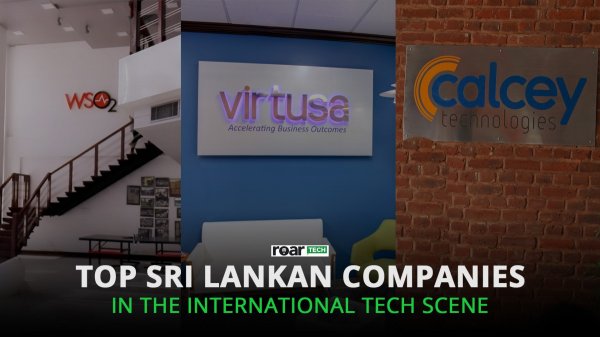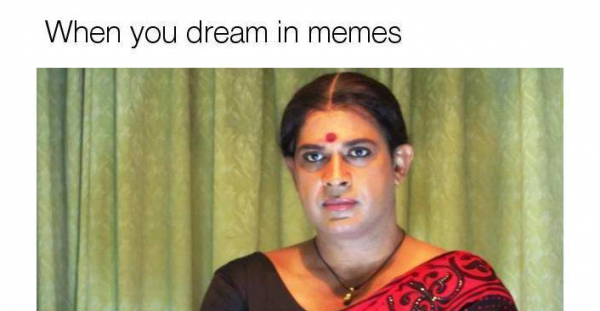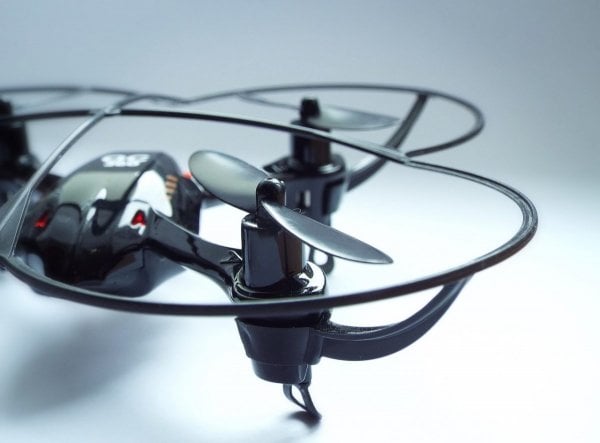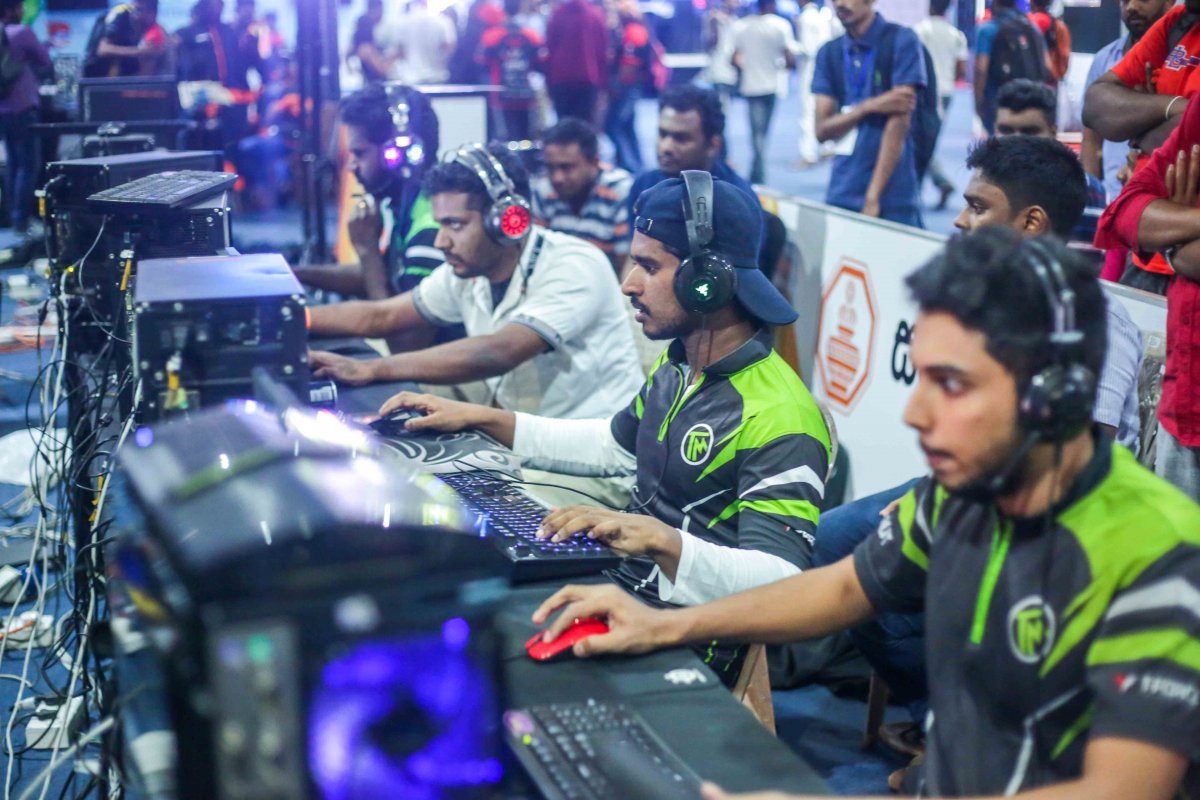
With Spielberg’s Ready Player One blurring the boundaries between the online and offline world, the rapidly growing phenomenon of eSports has been thrust once more into public consciousness.
For many people, however, eSports is a central part of their day to day lives regardless of the latest hollywood blockbuster.
Last December, Sri Lanka Cyber Games (SLCG) eSports Championship at SLECC saw 25,000 people attend the three day gaming exhibition.
If you’re a little lost as to what is meant by eSports, think well-organised events of competitive video gaming at a regional and international level. Enormous crowds gather to watch, support and learn from the best professional players who are competing for pride, titles, and cash prizes.
To find out more about eSports—globally and locally—Roar Tech sat down with gamer.lk pioneer Raveen Wijayatilake, and his colleague, Ramesh Liyanage, Director of InGame Entertainment, to find out more.
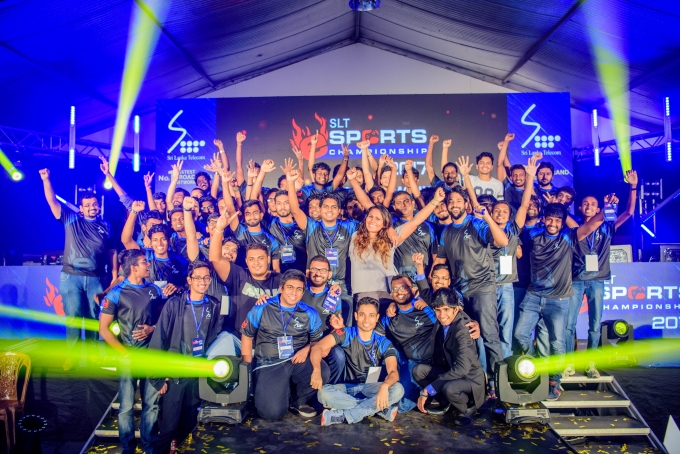
The team behind Gamer.lk led by Raveen Wijayatilake (middle). Image Courtesy: Gamer.lk
Fastest Growing Sport in the World
From humble origins in arcades across California during the 1980s, competitive gaming—or eSports, as it now more popularly known—has evolved into something quite astonishing.
Reuters reported last year that there are an estimated 350 million gamers worldwide, and it is expected to be the biggest sport globally in twenty years time. eSports’ natural intersection between the worlds of gaming and sporting is seeing revenue and advertising pour into the industry.
“It has one of the biggest prize pools in world sport,” explains Liyanage.“The DOTA 2 world championship [hosted in Seattle in 2017] had a prize pool of $25 million. That’s bigger than the NFL!”
However, it isn’t all money and corporate advertising.
The fun tradition of crowd-cosplay at the competitions—that is, dressing up as your favorite fantasy character—reflects a cultural movement that doesn’t always take itself too seriously.
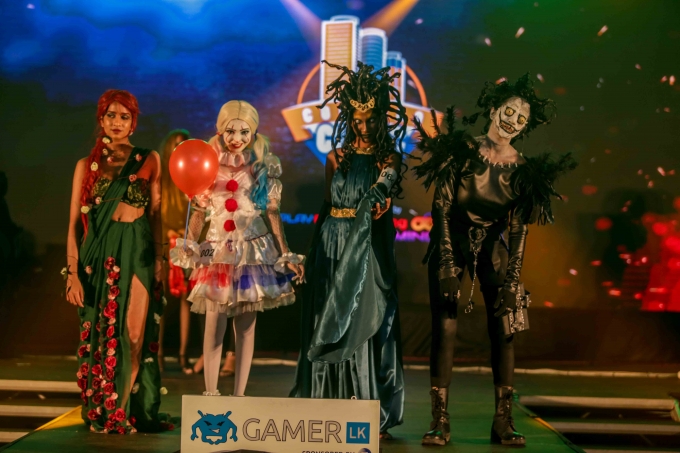
Awesome cosplay from the crowd keeps eSports very much grounded in the fantasy world. Image Courtesy: Gamer.lk
Sport Or Not A Sport
Surely, the question on everyone’s lips is, is it really a sport?
“In South Korea, StarCraft is like what cricket is to Sri Lanka,” explains Wijayatilake, who played a lot of traditional sports at school level.
“I was vice captain of the soccer team in school and I know that the chemistry required between your teammates to reach the top in DOTA is the same as soccer.”
Being accepted and respected as a sport by the mainstream is an ongoing drive in the evolution of eSports.
In 2013, when the US officially recognised eSport players as professional athletes, it opened up all sorts of visa-windows. For the first time, players could freely move between Asia and The West to compete at big money tournaments.
Now eSports is on the cusp of its biggest leap yet.
eSports were included at the 2017 Asian Indoor and Martial Arts Games but at a demonstration level ony, explained Wijayatilake. Now, eSports have been announced as the official medal sport at the 2022 Asian Games in China—the world’s second largest multi-sport event after the Olympics—and is only a matter of time until it happens on the world’s biggest stage.
“It will happen,” said Wijayatilake, confidently, “by France 2024”.
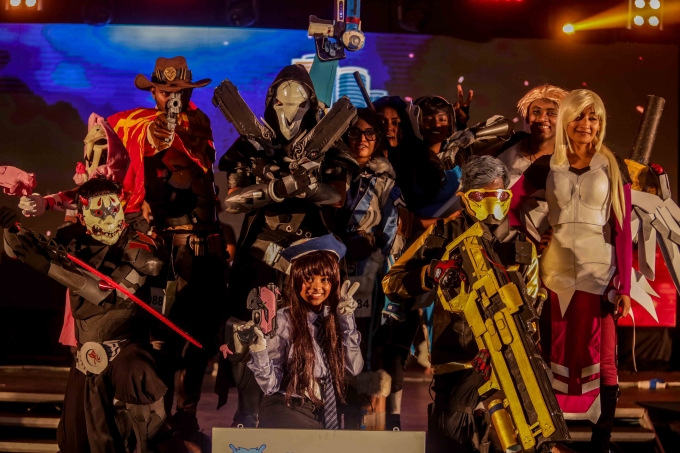
eSports’ affinity to cosplay would bring a new dimension of fandom to the Olympics. Image Courtesy gamer.lk
Gaming In Sri Lanka: Origins
Back in 2007, Wijayatilake, with the help of two friends, laid the foundation of the Sri Lanka gaming community with the curation of the digital gaming platform gamer.lk.
Here the six main clans of gamers in Sri Lanka—n00b alliance, Phoenix Gaming, Xiphos eSports, Maximum eSports, TechMorph and Wolfgang eSports—built their rivalries, fan-bases and brands.
Liyanage is the leader of the Xiphos clan–currently number two in the gamer.lk leaderboard–whose clan motif is “wield as one, bow to none”. He explained that new clan members are interviewed online—”about their strengths, what spec their computers are, etc.”—and the gamers can meet up when the tournaments go on tour.
For a couple of guys only “interested in web design and passionate about tech”, Wijayatilake’s business strategy was notably bold, especially when it came to event management. For the first SLCG in 2008, they booked the enormous BMICH to give themselves “legitimacy”. They sold tickets for Rs. 100 each, and 400 likeminded people, who they met at cyber cafe showdowns or through the online hub that they created, attended.
Gaming Today
In ten years the scene has grown exponentially, and, Wijayatilake suggests, this is because of accessibility.
“PC games are the most popular form of gaming in Sri Lanka. There’s an economic factor [at play] here. People have a PC at home for school or office use and that naturally becomes the gaming option. Consoles are expensive and PCs can be upgraded over the years, piece-by-piece.”
Additionally, it is the next level of accessibility that has been carefully facilitated by gamer.lk that has given eSports in Sri Lanka that extra momentum.
In 2010, they toured the SLCG qualifiers islandwide: to Kandy, Galle, Matara and Jaffna.
“Our vision was to take eSports to the masses,” said Liyanage.
“You wouldn’t think there is a market in Jaffna, but those guys know how to play DOTA. We thought language might be a barrier, but everyone speaks games.”
Year on year, their reach has increased, especially as they diversify into new markets.
Now their umbrella organisation, InGame Entertainment, is hosting Play Expo Sri Lanka, the first Digital Entertainment & Technology Expo in Sri Lanka. The Expo caters to anyone interested in audio, video, music, movies, gaming and their related technologies.
SLCG and the Colombo Comic Expo (one of Sri Lanka’s largest cosplay competitions and artist showcase) have been incorporated into the three day weekend “geek” extravaganza.
Which clearly proves that booking BMICH in the early days was a smart, inspired decision.
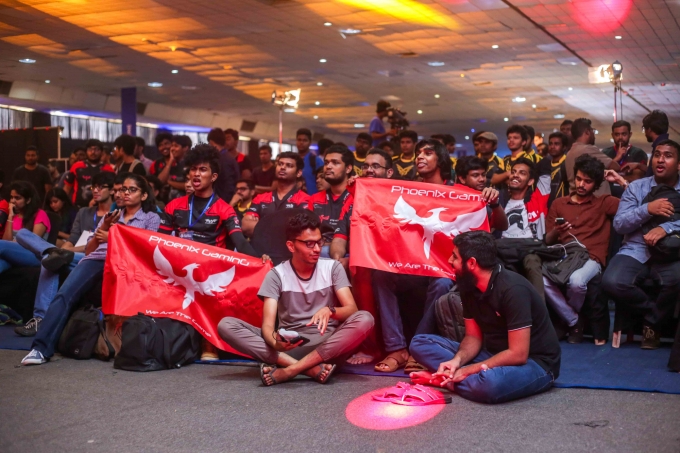
Phoenix Gaming’s dedicated fanbase cheer on their clan. Image Courtesy: Gamer.lk
Is Gaming A Realistic Career Move?
Currently there aren’t any professional local gamers. That said, Sri Lanka is leading the region in terms of professional bodies and structure, so it is only a matter of time for this to change, mused Wijayatilake.
What many people don’t understand is that the big-time Korean or American eSports professionals treat it like a full time job. According to Wijayatilake, they play 8-15 hours a day and train for weeks on end in “bootcamps” with their teammates to build that special “chemistry”.
Chemistry or no chemistry, doesn’t that sounds like a very unhealthy lifestyle?
On the contrary, commentators report that “eSports competitors train like traditional athletes, they are very fit [and] they have their nutritionists and psychologists”.
Clearly that is for elite competitors, the masteros earning thousands or millions of dollars. What about the average gamer aiming for greatness?
“Balance is key”, reasoned Wijayatilake. “Like anything, balance with education and physical exercise is the key.”
“And always have a back up,” agreed Liyanage, “Even Sangakkara has a law degree!”
Moreover, no one can deny that being computer-minded isn’t a pathway to a progressive career. After all, both of these successful businessmen have backgrounds in computer science and are also hardcore gamers.
So, the question remains, what comes first: gaming or computer science?
Roar Tech suspects that this is more of a ‘chicken and the egg’ scenario.
Cover image courtesy: Gamer.lk
